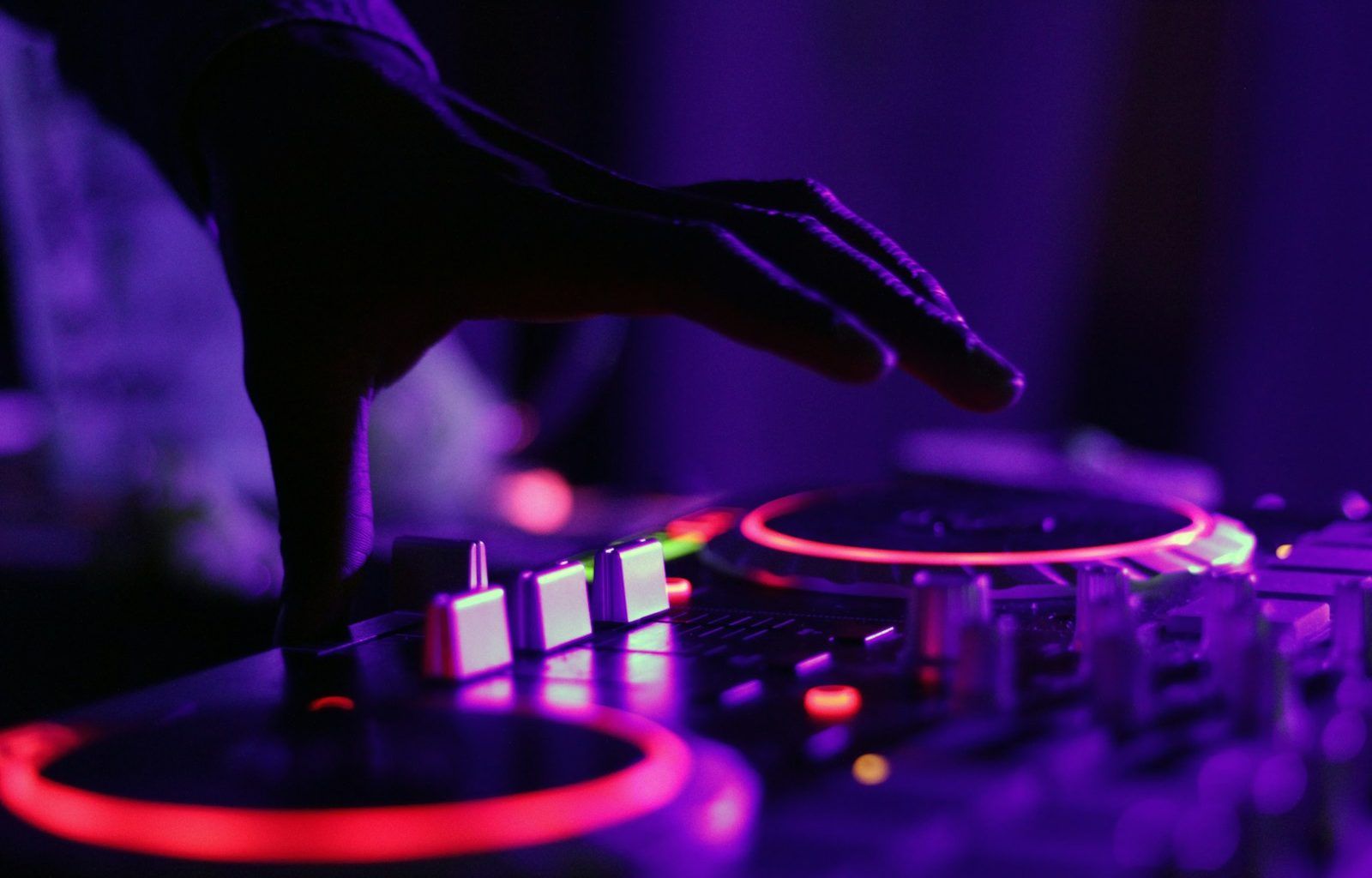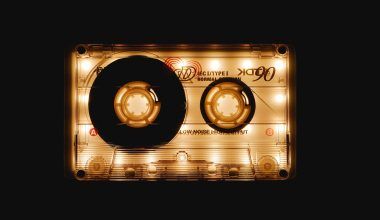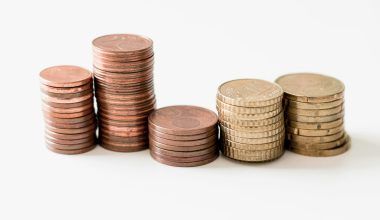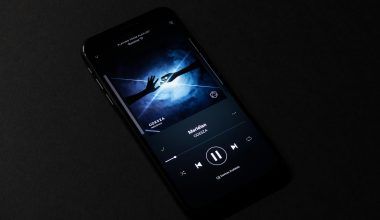If you’ve ever been scrolling through your favorite music streaming platform, you may have noticed some artists releasing something called an EP. But Define ep music, and how does it differ from albums or singles? Let’s break it down and make sense of it all.
EP stands for “Extended Play.” It’s a type of music release that’s longer than a single but shorter than a full album. An EP typically includes three to five songs, giving artists a way to share more music than a single song without the commitment of a full album. This format has gained popularity for its flexibility and affordability, both for musicians and listeners.
Now that we have a basic idea of what EP music is, let’s dive deeper into its history, purpose, and how it fits into today’s music industry.
The History of EP Music
Understanding Define ep music came from helps explain why it’s so popular today. EPs originated in the early 20th century when vinyl records were the primary format for listening to music. Back then, records came in different sizes and speeds. An EP was a smaller, more compact record that could hold several tracks but wasn’t long enough to qualify as an LP (Long Play) album.
During the 1950s and 1960s, EPs were widely used by artists to share exclusive content, B-sides, or experiment with new sounds. They became an essential tool for emerging artists to get their music heard without investing in a full album. Even now, that concept holds true, with EPs serving as a stepping stone for new artists.
Fast forward to the digital age, and the EP has evolved but still holds its relevance. While vinyl records are no longer the norm, EPs continue to thrive in the era of digital downloads and streaming platforms.
Why Do Artists Release EPs?
You might be wondering, why not just release an album or a series of singles? The truth is, EP music offers some unique advantages that make it a valuable option for many artists. Here are some reasons why EPs are so appealing:
- Creative Freedom: With fewer tracks than an album, EPs allow artists to experiment without the pressure of creating a cohesive, full-length project. It’s a chance to try out new sounds, explore different themes, or showcase a specific mood.
- Cost-Effectiveness: Producing a full-length album can be expensive and time-consuming. EPs, Define ep music on the other hand, require less time and money to create, making them a more accessible option for independent and emerging artists.
- Audience Engagement: EP music can keep fans engaged between larger projects. Instead of waiting years for an album, artists can release EPs to stay connected with their audience and maintain momentum.
- Introduction to New Listeners: For new artists, an EP serves as an introduction. It’s long enough to showcase their talent but short enough to not overwhelm potential fans.
How Does an EP Compare to an Album or Single?
It’s easy to get confused about the difference between EPs, albums, and singles. Let’s simplify it:
- Singles: A single is just one song. Sometimes, it includes a B-side track, but the focus is on the main song.
- EPs: Extended Play releases have three to five songs, offering more than a single but less than an album.
- Albums: Albums usually contain 10 or more songs and often explore a broader concept or theme.
Think of it this way: a single is like a quick snack, an EP is a small meal, and an album is a full-course dinner. Each serves a different purpose, and EPs strike a nice balance for both artists and listeners.
The Modern Appeal of EP Music
In today’s fast-paced world, EPs are more relevant than ever. Streaming platforms like Spotify and Apple Music have changed how we consume music. Listeners want fresh content regularly, and EPs fit perfectly into this trend.
For independent artists, EP music can be a powerful tool. It’s a way to test the waters, find their audience, and build a loyal fan base. Established artists, on the other hand, use EPs to experiment or bridge the gap between major releases.
Social media and digital marketing also play a huge role. An EP allows artists to create buzz and promote their work without the pressure of a full album launch. With the right strategy, an EP can generate excitement and even go viral.
How to Identify EP Music
If you’re exploring new music and come across an EP, you might notice a few characteristics:
- It usually has 3 to 5 tracks.
- The total playtime is often between 15 to 30 minutes.
- It’s marketed as an EP or “mini-album.”
Many artists label their releases clearly, so it’s easy to spot an EP. And because they’re shorter, EPs are perfect for discovering new music without committing to a long listening session.
Why Listeners Love EPs
Fans appreciate EP music for several reasons. First, it offers variety. You can explore different artists and styles without feeling overwhelmed. Second, EPs are often more affordable than full albums, making them accessible to a wider audience.
Plus, EPs give fans a glimpse into an artist’s creative process. They’re often raw, experimental, and authentic. For listeners, this authenticity can create a deeper connection with the music.
Examples of Famous EPs
Many well-known artists started their careers with EPs or used them to experiment with new styles. For example:
- The Weeknd: His debut EP, House of Balloons, catapulted him to fame.
- Billie Eilish: Her EP Don’t Smile at Me helped establish her unique sound.
- Ed Sheeran: The EP Loose Change showcased his talent before he became a global sensation.
These examples prove that EPs can be a powerful stepping stone in an artist’s journey.
Creating Your Own EP
For aspiring musicians, creating an EP can be an exciting and rewarding experience. Here are some steps to get started:
- Plan Your Vision: Decide on the theme or mood you want to convey.
- Select Your Best Tracks: Choose three to five songs that fit your vision.
- Record and Produce: Invest in quality recording and production to make your EP stand out.
- Promote Your Release: Use social media, streaming platforms, and live performances to reach your audience.
EP music is a fantastic way to share your artistry and connect with fans. With the right approach, it can open doors to new opportunities.
The Future of EP Music
As the music industry continues to evolve, EPs are likely to remain a key part of the landscape. Their flexibility, affordability, and appeal to both artists and listeners make them a timeless format.
Whether you’re a fan discovering new music or an artist ready to share your work, Define ep music offers something for everyone. So, the next time you’re browsing for tunes, give an EP a listen. You might just find your new favorite artist!
Related Articles:
For further reading, explore these related articles:
- How to Buy an Album on Apple Music: A Step-by-Step Guide
- The Revolution of Smart Music: How Technology is Changing the Way We Listen and Create
For additional resources on music marketing and distribution, visit DMT Records Private Limited.






